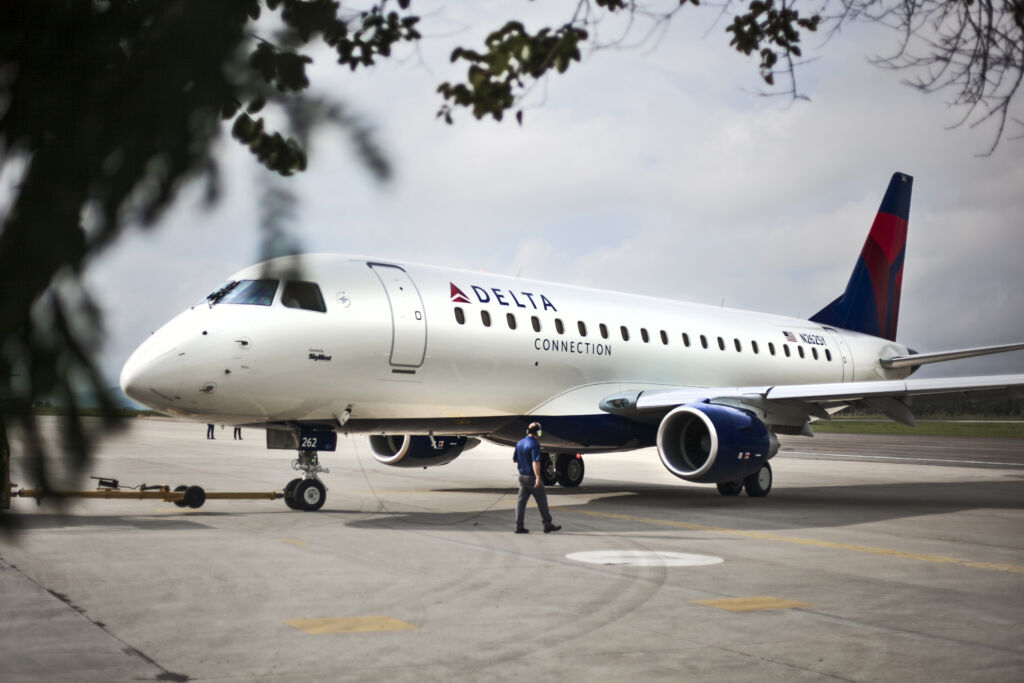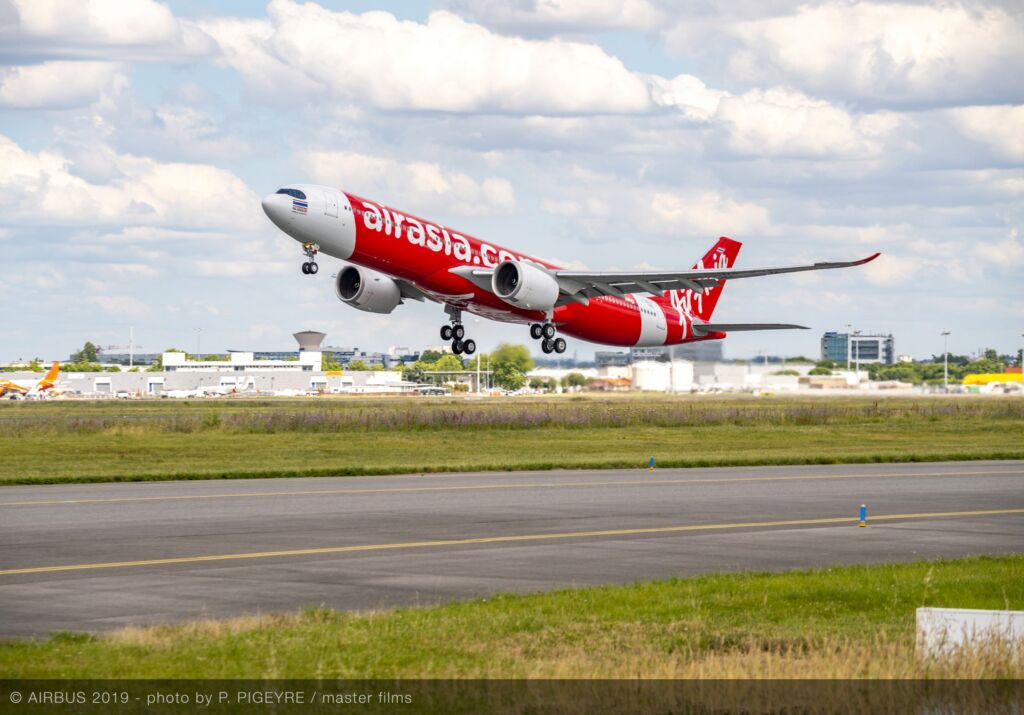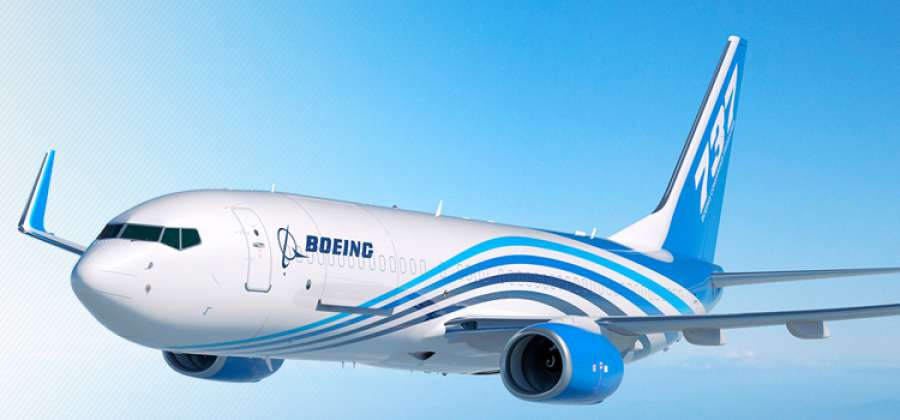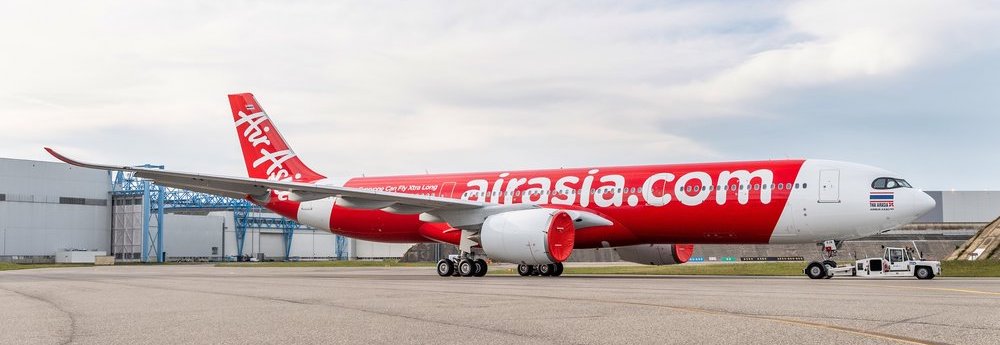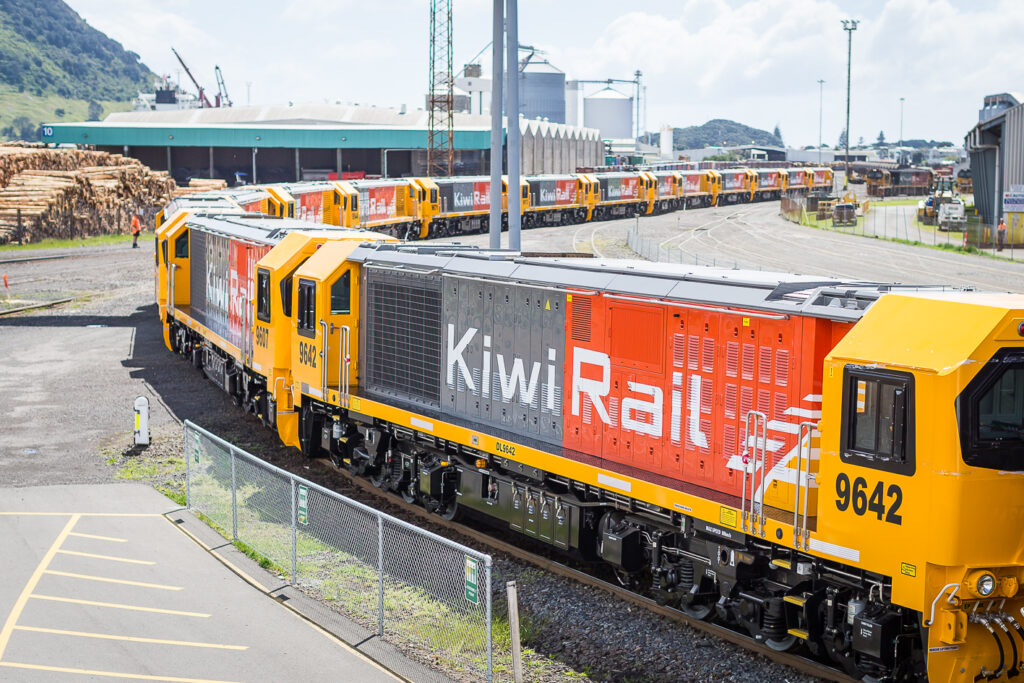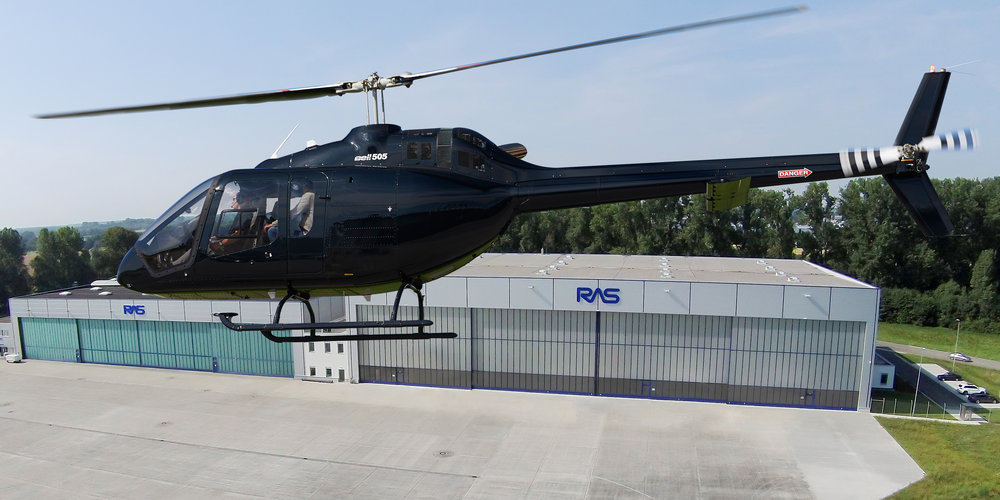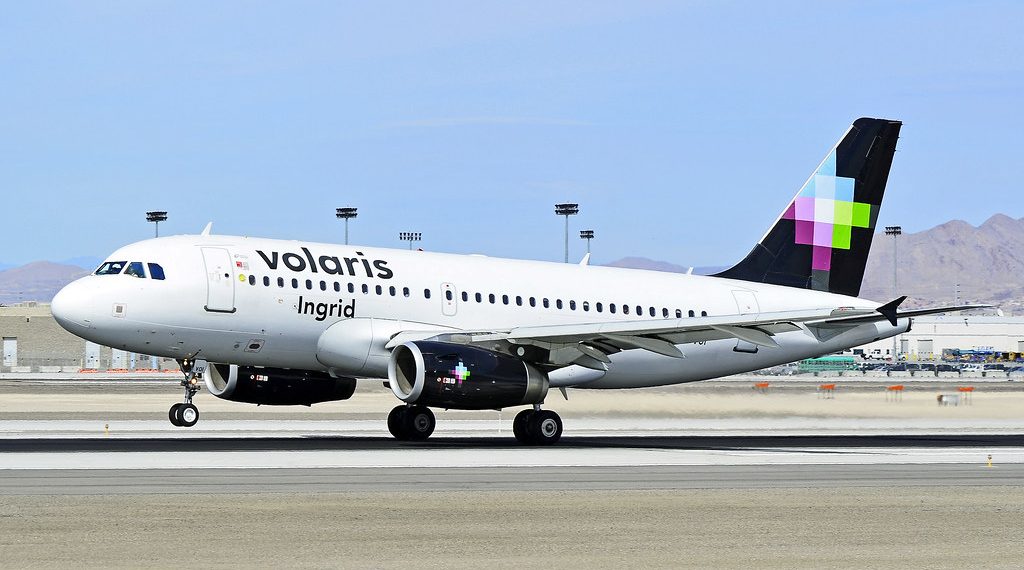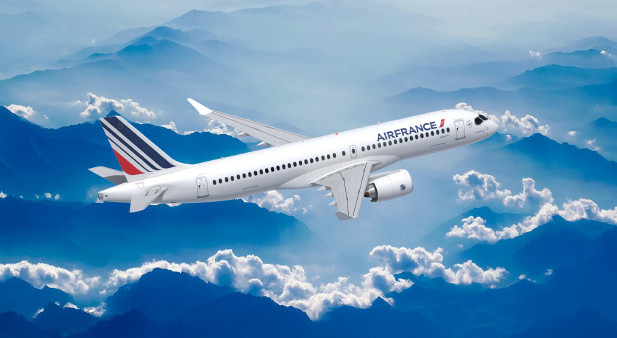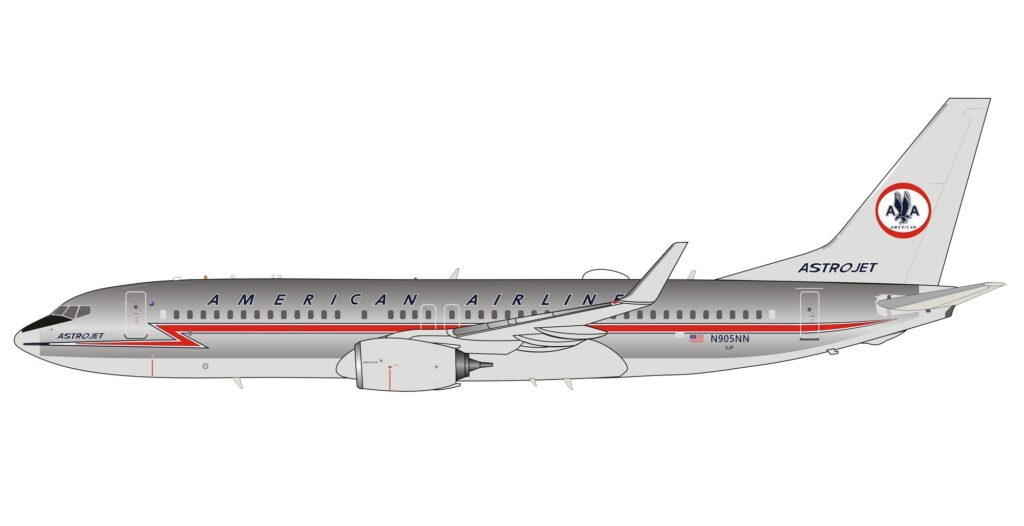Embraer Carries Out First Aircraft Financing Transaction With SkyWest Airlines
Embraer (NYSE: ERJ) carried out its first aircraft non-payment insurance (ANPI) transaction financing the delivery of four Embraer E175 jets to SkyWest, Inc. (NASDAQ: SKYW). The transaction, completed in December 2020, was supported by the…
